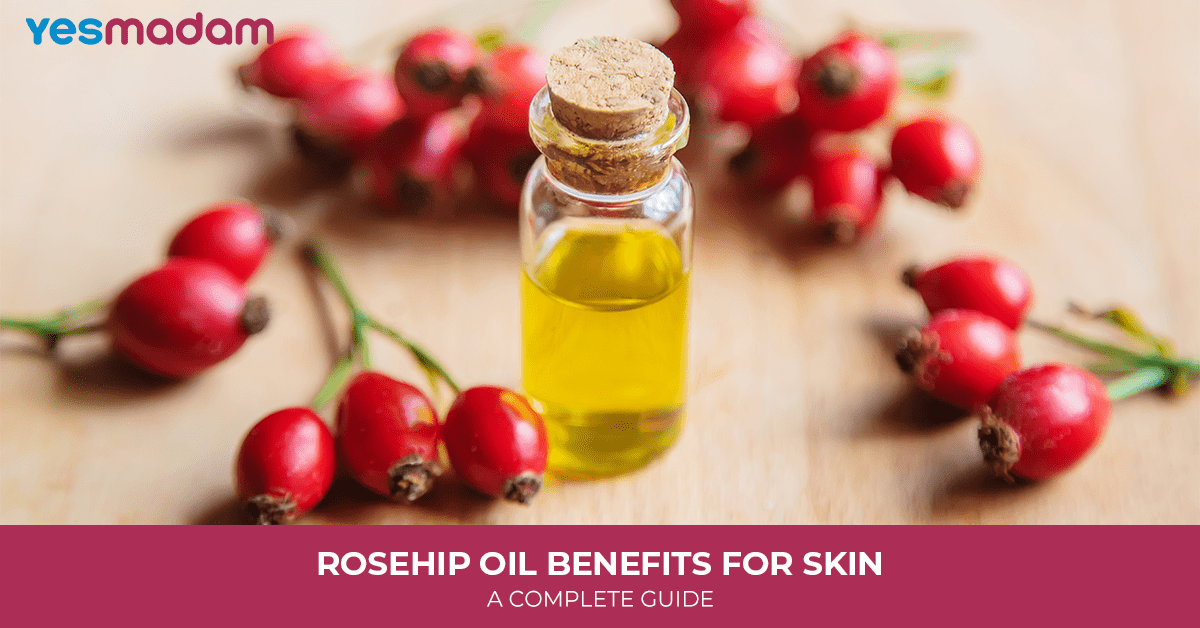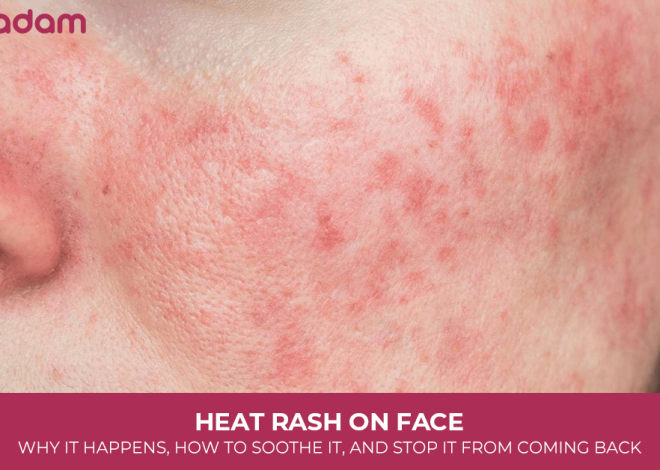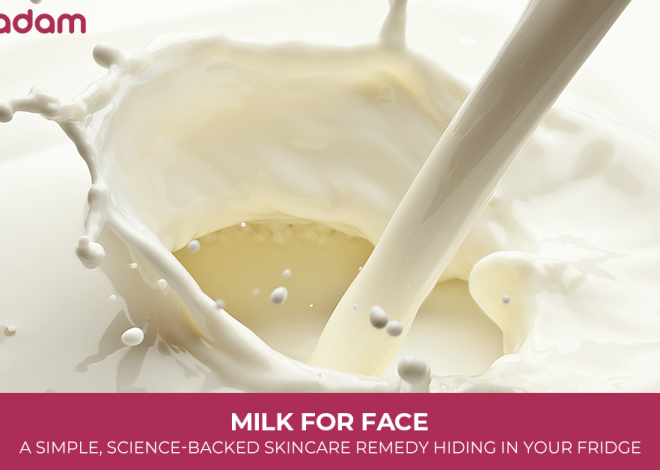
Rosehip Oil Benefits for Skin: A Complete Guide
When it comes to natural skincare, very few ingredients have created as much buzz as rosehip oil. From celebrities to dermatologists, everyone seems to rave about its skin-transforming powers. But what makes this golden oil so special? The answer lies in its nutrient-rich composition and its ability to address multiple skin concerns at once.
In this article, we’ll explore rosehip oil benefits for skin, break down how it works, and guide you on incorporating it into your routine. Whether you’re struggling with dryness, acne scars, fine lines, or dullness, rosehip oil might just be the missing piece in your skincare puzzle.
Table of Contents
What is Rosehip Oil?
Before diving into its benefits, let’s first understand what rosehip oil actually is.
Rosehip oil is extracted from the seeds and fruit of wild rose bushes, typically Rosa canina or Rosa rubiginosa, which are found in the Andes, South Africa, and parts of Europe. Unlike rose essential oil, which comes from the petals, rosehip oil comes from the hip (the fruit) and is cold-pressed to retain its nutrients.
It’s packed with vitamins A, C, and E, essential fatty acids, and antioxidants. These work together to nourish, hydrate, and repair the skin naturally.
More Information For You: Pale Skin Causes and Treatment
Why is Rosehip Oil Popular in Skincare?
In the world of natural beauty, rosehip oil has become a staple for several reasons. It’s lightweight, non-greasy, and absorbs quickly into the skin, making it suitable for almost all skin types—even oily and acne-prone.
Many users love it because it provides visible results without harsh chemicals. Its popularity surged when celebrities and influencers began praising it for giving them radiant, youthful-looking skin. But beyond the hype, there’s real science backing its effectiveness.
Key Rosehip Oil Benefits for Skin

Now, let’s dig into the heart of the matter—why this oil is worth adding to your skincare lineup.
1. Deep Hydration and Moisture
Rosehip oil is rich in essential fatty acids like linoleic and linolenic acid. These act as natural emollients that lock in moisture, making it especially beneficial for those with dry or dehydrated skin. Unlike heavy oils, it doesn’t clog pores, so even people with combination skin can enjoy its hydrating effects.
2. Anti-Aging Properties
One of the standout rosehip oil benefits for skin is its ability to fight signs of aging. Thanks to vitamin A (retinoids) and vitamin C, it boosts collagen production and helps reduce the appearance of fine lines and wrinkles. Regular use can make the skin look plumper, smoother, and more youthful.
3. Brightening Dull Skin
Rosehip oil contains antioxidants that combat oxidative stress caused by pollution, UV rays, and lifestyle factors. Its vitamin C content helps fade pigmentation, brighten dark spots, and even out overall skin tone, giving you a natural glow.
4. Scar and Stretch Mark Reduction
This oil is widely praised for minimizing scars and stretch marks. Its fatty acids help regenerate skin tissue, while its antioxidants aid in healing and fading marks left behind by acne, surgery, or pregnancy.
5. Soothing Inflammation
If you deal with redness, irritation, or conditions like eczema, rosehip oil can help. It’s packed with anti-inflammatory compounds that calm the skin and restore its natural barrier.
6. Natural Exfoliation
Because of its vitamin A (a natural retinoid), rosehip oil promotes gentle cell turnover. This means it helps shed dead skin cells and encourages new, healthier ones to surface, giving skin a smoother appearance over time.
How to Use Rosehip Oil in Your Skincare Routine
The beauty of rosehip oil is its versatility. You can use it in multiple ways depending on your needs.
Direct Application
Apply 2–3 drops of pure rosehip oil to cleansed skin. Massage gently in upward motions until absorbed. It works best when applied before your moisturizer to seal in hydration.
Mixing with Moisturizer or Serum
If you’re new to oils, mix a few drops into your moisturizer or serum. This makes it easier for your skin to adjust without feeling greasy.
As a Night Treatment
Rosehip oil is excellent for nighttime use. While you sleep, your skin repairs itself, and rosehip oil enhances this process by delivering nutrients and boosting cell regeneration.
As a Spot Treatment
Dab a drop on scars, blemishes, or areas with pigmentation for targeted healing.
Don’t Miss: How to Remove Flat Moles From Face Permanently
Who Should Use Rosehip Oil?
Rosehip oil suits most skin types, but it’s particularly beneficial for:
- Dry or dehydrated skin needing hydration.
- Mature skin showing early signs of aging.
- Acne-prone skin that struggles with scarrin
- Sensitive skin prone to redness and irritation.
However, if you have very oily skin or active acne, do a patch test first to ensure it works well with your skin.
Some other Benefits of Rosehip Oil

While the main advantages are hydration, anti-aging, and scar reduction, rosehip oil also comes with other noteworthy perks. Here’s how:
Boosts Collagen Production Naturally
Collagen is the protein responsible for keeping skin firm and bouncy. Rosehip oil’s vitamin A and C help stimulate collagen synthesis without the irritation often caused by synthetic retinoids.
Helps Repair Sun Damage
UV rays can damage skin at the cellular level, leading to pigmentation, wrinkles, and rough texture. Rosehip oil’s antioxidants fight free radicals, promoting healing and preventing further damage.
Enhances Skin Barrier Function
A strong skin barrier is key to keeping pollutants and irritants out. The fatty acids in rosehip oil reinforce this barrier, reducing sensitivity and locking in moisture for longer.
Non-Comedogenic Nature
Many people assume oils cause breakouts, but rosehip oil ranks low on the comedogenic scale. That means it’s unlikely to clog pores, making it safe for acne-prone skin when used correctly.
Common Myths About Rosehip Oil
Like most trendy skincare ingredients, rosehip oil comes with its fair share of myths. Let’s debunk a few:
- Myth 1: Oils make oily skin worse.
Rosehip oil is lightweight and balances sebum production, so it can actually help oily skin. - Myth 2: All oils clog pores.
Not true. Rosehip oil is non-comedogenic, meaning it won’t block pores if used properly. - Myth 3: Rosehip oil is the same as rose oil.
They’re completely different—rosehip oil comes from the fruit and seeds, not the petals.
Possible Side Effects and Precautions
Although rosehip oil is generally safe, a few precautions are worth noting:
- Always do a patch test before full application.
- Store it in a cool, dark place to prevent oxidation.
- If you have severe acne or eczema, consult a dermatologist before use.
Conclusion
To sum it up, rosehip oil benefits for skin go far beyond hydration. It’s a natural powerhouse that addresses multiple concerns, from fine lines to scars, pigmentation to dryness. With consistent use, you can expect healthier, more radiant, and nourished skin.
Nature often provides the best remedies, and rosehip oil is proof of that. Whether you’re just starting your skincare journey or looking to elevate your current routine, this golden oil deserves a spot on your shelf.
FAQs
1. Can I use rosehip oil every day?
Yes, rosehip oil is gentle enough for daily use. You can apply it once or twice a day, depending on your skin type and needs.
2. Is rosehip oil safe for acne-prone skin?
Yes, rosehip oil is non-comedogenic and can even help reduce acne scars. However, patch testing is recommended to ensure it doesn’t irritate your skin.
3. Does rosehip oil lighten dark spots?
Yes, the vitamin C and antioxidants in rosehip oil can help fade pigmentation and brighten dark spots with regular use.
4. Can I use rosehip oil under makeup?
Absolutely. Since it’s lightweight and fast-absorbing, it works well under makeup without making your skin greasy.
5. Is rosehip oil the same as rose essential oil?
No, they are different. Rosehip oil comes from the fruit and seeds of the rose plant, while rose essential oil is distilled from the petals.
6. Can rosehip oil help with stretch marks?
Yes, its fatty acids and antioxidants promote skin regeneration, which can help minimize the appearance of stretch marks over time.
7. Should I refrigerate rosehip oil?
It’s best to store it in a cool, dark place. Refrigeration can extend its shelf life but isn’t strictly necessary.
8. Can rosehip oil replace my moisturizer?
For some people with oily or combination skin, rosehip oil can act as a moisturizer. For very dry skin, it’s better used as a supplement under a heavier cream.
9. How long does it take to see results from rosehip oil?
You may notice softer, more hydrated skin within a week, but improvements in scars, fine lines, and pigmentation usually take 4–8 weeks.
10. Is rosehip oil safe during pregnancy?
Yes, it’s generally considered safe and is often recommended for reducing stretch marks. Still, it’s always wise to check with your doctor before use.



